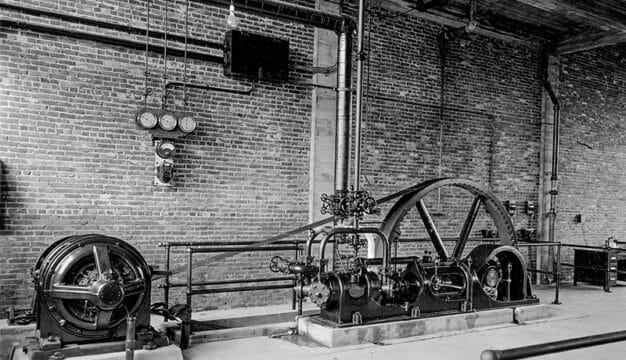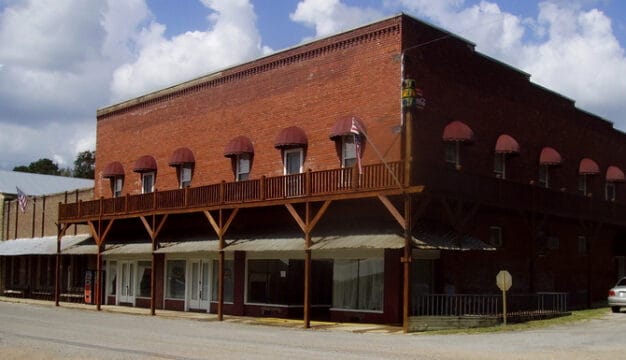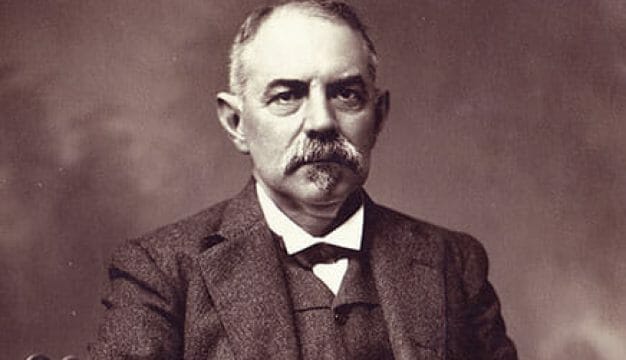Woodstock
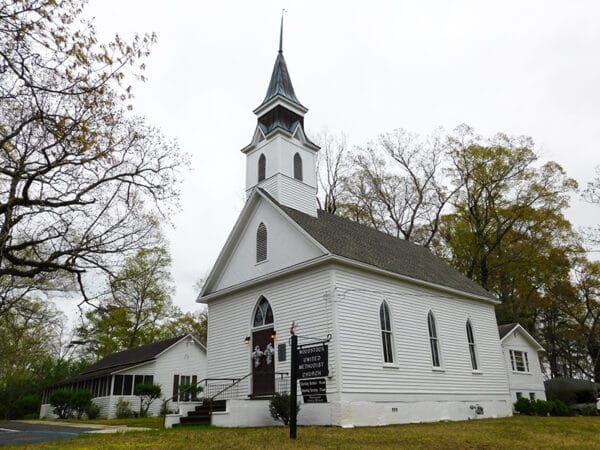 Woodstock United Methodist Church
Woodstock is located in both Bibb and Tuscaloosa Counties in the central part of the state, between the cities of Tuscaloosa and Birmingham. It has a mayor/city council form of government.
Woodstock United Methodist Church
Woodstock is located in both Bibb and Tuscaloosa Counties in the central part of the state, between the cities of Tuscaloosa and Birmingham. It has a mayor/city council form of government.
History
The town of Woodstock was formally named North Bibb until 2000. It was first settled in 1826, when William Houston was given a land grant for the area. The first school was built in 1851 with money donated by the local Masonic Lodge. In 1870, the Alabama Great Southern Railroad built a line through the city, and in 1872 the Louisville & Nashville followed suit (one source states that the two lines came through town in the mid-1880s). Each railroad built a separate depot.
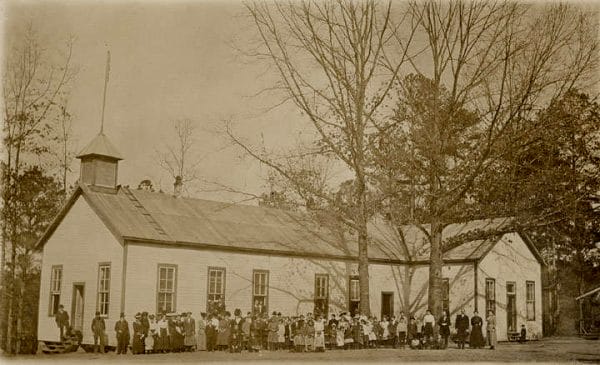 Woodstock School
North Bibb became a shipping center because of it two railroad lines, shipping iron ore and coal mined around West Blocton to furnaces in Birmingham. It also had an abundance of high-quality clay, spurring the establishment of a pottery that turned out jugs, bricks, pots, and churns. The town flourished between 1909 and 1929, when the Great Depression led to a downturn in the economy. North Bibb incorporated in 1996, and in October 2000, the town formally changed its name to Woodstock, at the urging of resident J. U. Ray, after the town of Woodstock, Oxfordshire, England, site of Winston Churchill’s birthplace, Blenheim Palace.
Woodstock School
North Bibb became a shipping center because of it two railroad lines, shipping iron ore and coal mined around West Blocton to furnaces in Birmingham. It also had an abundance of high-quality clay, spurring the establishment of a pottery that turned out jugs, bricks, pots, and churns. The town flourished between 1909 and 1929, when the Great Depression led to a downturn in the economy. North Bibb incorporated in 1996, and in October 2000, the town formally changed its name to Woodstock, at the urging of resident J. U. Ray, after the town of Woodstock, Oxfordshire, England, site of Winston Churchill’s birthplace, Blenheim Palace.
Demographics
According to 2020 Census estimates, Woodstock recorded a population of 1,282. Of that number, 96.3 percent of respondents identified themselves as white, 16.7 percent as Hispanic, 3.4 percent as African American, and 0.3 percent as two or more races. The town’s median household income was $63,690, and the per capita income was $27,901.
Employment
According to 2020 Census estimates, the workforce in Woodstock was divided among the following industrial categories:
- Retail trade (30.1 percent)
- Educational services and health care and social assistance (15.9 percent)
- Manufacturing (14.4 percent)
- Construction (12.0 percent)
- Professional, scientific, and management, and administrative and waste management services (6.1 percent)
- Transportation and warehousing, and utilities (5.7 percent)
- Finance and insurance, and real estate and rental and leasing (3.6 percent)
- Arts, entertainment, and recreation, and accommodation and food services (3.0 percent)
- Information (3.0 percent)
- Public administration (2.7 percent)
- Other services, except public administration (2.5 percent)
- Agriculture, forestry, fishing and hunting, and extraction (0.9 percent)
Education
Students in Woodstock attend the Bibb County Public Schools. The town hosts one elementary school.
Transportation
Woodstock lies just to the southeast of Interstates 59/20. The main routes through the town are State Highway 5, which runs north-south, and U.S. Highway 11/State Highway 7/5, which run northeast-southwest along the northwestern edge of the town. Both routes connect with I-59/20.
Events and Places of Interest
Woodstock hosts an annual Christmas Open House each December. It maintains a city park and a baseball field. The Woodstock United Methodist Church (c. 1893) and the Green Pond Presbyterian Church and Cemetery (1884) are listed on the Alabama Register of Landmarks and Heritage.
Additional Resources
Bibb County Heritage Book Committee. The Heritage of Bibb County, Alabama. Clanton, Ala.: Heritage Publishing Consultants, 1998.
